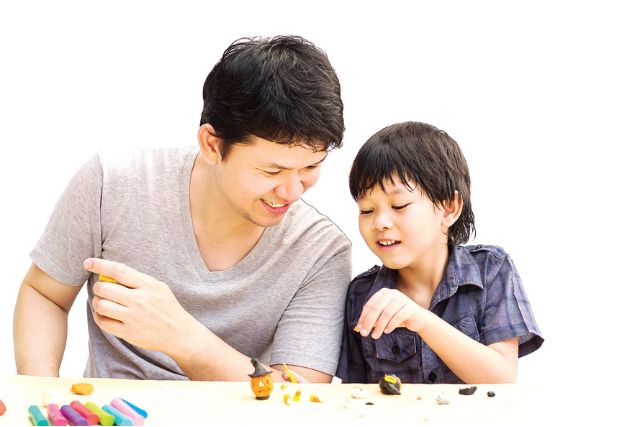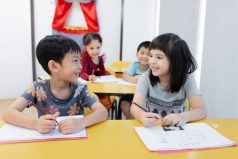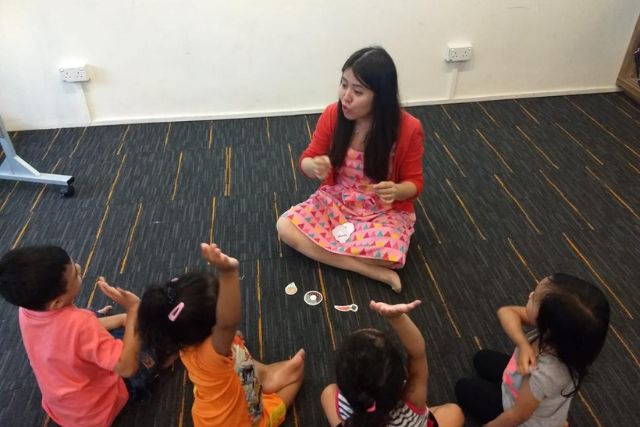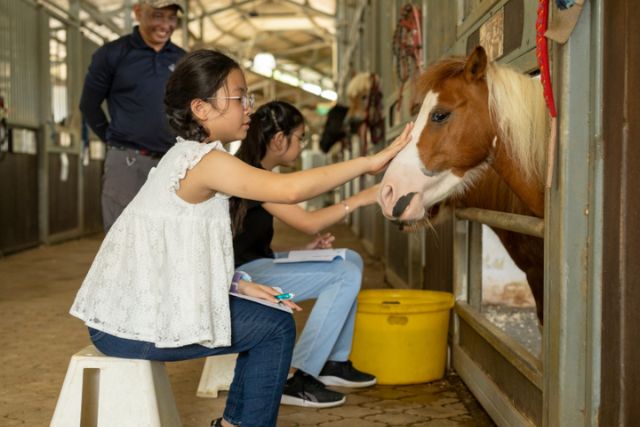In our fast-paced world, it’s easy to get caught up in the chaos of daily life, leaving us feeling stressed and disconnected. Mindfulness offers a powerful way to slow down, be fully present, and become more aware of our thoughts, feelings, and surroundings.
 Image credit: Freepik
Image credit: Freepik
More than just a buzzword, mindfulness has proven benefits, from reducing stress and emotional reactivity to fostering deeper connections with others. When introduced to children, mindfulness can also equip them with essential tools for emotional resilience, focus, and problem-solving, setting them up for success in navigating life’s challenges.
Let’s explore how mindfulness can positively impact both parents and children and how to easily integrate it into your family’s daily routine.
What is Mindfulness
Mindfulness is paying attention to what is happening at the very moment. It is paying attention to how we feel, what we hear, see or smell. It is also slowing down to gain a better understanding before responding to events. Mindfulness practice reduces activity in the part of our brain called the amygdala. The amygdala plays a central role in activating our stress response.
How mindfulness help parents?
1. Reduce stress and boost general wellbeing
- Less tense response
- More relaxed when attending to daily routine
- Being more aware of oneself and taking time for self-care
2. Reduce emotion reactivity
- Develop self-regulation and flexibility
- Allow us to better guide our children in times of big emotions
- Being able to demonstrate how to regulate emotions to our children
3. Deepen sense of empathy
- Reduce judgement to situations
- Allow us to hold space for our children during difficult times
- Demonstrate kindness towards people around us
4. Encourages positive and loving interactions
- Deepen connections with our children
- Build sense of trust between us and our children
Introducing the concept of mindfulness to children
When we do so, we are providing our children with the tools to gain more understanding about their emotions, increase their ability to focus and improve executive functioning such as problem-solving and reasoning while also building resilience towards stress.
Children will be able to
- Be more comfortable to share about their own emotions.
- Be equipped with tools to respond during challenging situations.
- Utilise their left brain more efficiently which helps in logical thinking.
- Develop better social skills through active listening.
- Develop a stronger sense of belonging as they work on mindfulness practices along with their parents.
Parenting will always present challenges, but we can change the way we look at them. Approaching parenting with mindfulness allows us to be more patient and less judgemental with ourselves and our children.
This article was first published in The New Age Parents’ Mindful Parent Publication.
* * * * *
Looking to reach over 100,000 parents in Singapore? Let us amplify your message! Drop your contact details here, and we’ll reach out to you.
Discover exciting family-friendly events and places to explore! Join our Telegram channel for curated parenting recommendations.











































